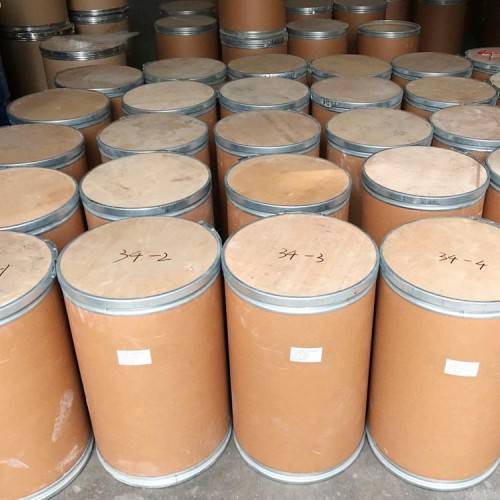Marine biological fouling can cause damage to marine engineering materials, reduce the service life of materials, and cause serious economic losses and catastrophic accidents. Application of anti-fouling coatings is a common solution to this problem. As countries around the world are paying more and more attention to environmental protection, the time limit for the complete ban on the use of organotin antifouling agents has become a definite time. The development of new and efficient antifouling agents and the use of nano-level antifouling agents have become the most important thing for marine paint researchers in various countries.
1) Titanium series nano anticorrosive coating
a) Nano materials such as nano titanium dioxide and nano zinc oxide used in titanium nano anticorrosive coatings can be used as antibacterial agents that are non-toxic to the human body, have a wide antibacterial range, and have excellent thermal stability. Non-metallic materials and coatings used in ship cabins are often exposed to humidity and small spaces in an environment that is easily polluted, especially in subtropical and tropical marine environments, and are very susceptible to mold growth and pollution. The antibacterial effect of nanomaterials can be used to prepare new and efficient antibacterial and antifungal materials and coatings in the cabin.
b) Nano titanium powder as an inorganic filler can improve the mechanical properties and corrosion resistance of epoxy resin. The nano-titanium powder used in the experiment has a particle size of less than 100nm. The test results show that the corrosion resistance of epoxy-modified nano-titanium powder coating and polyamide-modified nano-titanium powder coating have been improved by 1-2 Magnitude. Optimize the epoxy resin modification and dispersion process. Add 1% modified nano titanium powder to epoxy resin to obtain a modified nano titanium powder coating. The EIS test results show that the impedance modulus of the low-frequency end of the coating remains at 10-9Ω.cm~2 after immersion for 1200h. It is 3 orders of magnitude higher than epoxy varnish.
2) Nano zinc oxide
Nano-ZnO is a material with a variety of excellent properties and has been widely used in many fields. It has excellent antibacterial properties against bacteria. The titanate coupling agent HW201 can be used to modify the surface of nano-ZnO. The modified nano-materials are used as fillers into the epoxy resin coating system to prepare three kinds of nano-marine antifouling coatings with bactericidal effect. Through research, it is found that the dispersibility of modified nano-ZnO, CNT and graphene has been significantly improved.
3) Carbon-based nanomaterials
Carbon nanotubes (CNT) and graphene, as emerging carbon-based materials, have excellent properties, are non-toxic, and do not pollute the environment. Both CNT and graphene have bactericidal properties, and CNT can also reduce the specific surface energy of the coating. Use silane coupling agent KH602 to modify the surface of CNT and graphene to improve their stability and dispersibility in the coating system. The modified nano-materials were used as fillers to be incorporated into the epoxy resin coating system to prepare three kinds of nano-marine antifouling coatings with bactericidal effect. Through research, it is found that the dispersibility of modified nano-ZnO, CNT and graphene has been significantly improved.
4) Anticorrosive and antibacterial shell core nanomaterials
Utilizing the super antibacterial properties of silver and the porous shell structure of silica, design and assembly of core-shell structured nano Ag-SiO2; research on the basis of its bactericidal kinetics, bactericidal mechanism and anti-corrosion performance, among which the silver core The size is 20nm, the thickness of the nano-silica shell layer is about 20-30nm, the antibacterial effect is obvious, and the cost performance is higher.
5) Nano cuprous oxide antifouling material
Cuprous oxide CU2O is an antifouling agent with a long history of application. The release rate of nano-sized cuprous oxide is stable, which can improve the antifouling performance of the coating. It is a good anti-corrosion coating for ships. Some experts even predict that nano cuprous oxide can Do the treatment of organic pollutants in the environment.
Keywords: anatase titanium dioxide nanoparticles, zinc oxide nanopowder, zinc oxide nano, carbon nanotubes, cuprous oxide nanoparticles
Media Contact
Company Name: Guangzhou Hongwu Material Technology Co., Ltd.
Email: Send Email
Phone: 17876573996
Country: China
Website: https://www.hwnanoparticles.com/

